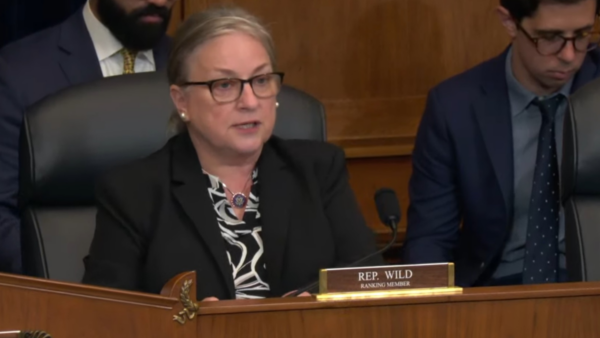On April 11, a 13-year-old Brazilian boy posted a video on Twitter filled with threats against the students of a public school in the central-western state of Goiás. Less than two hours later, he entered the school armed with a knife and injured three students and a teacher.
The post was found by journalist Sofia Schurig (who is now interning at The Brazilian Report) as part of a monitoring report submitted to a working group set up by the Brazilian government to propose policy solutions to curb school violence. Sofia monitors social media groups that glorify murderers, school shooters, and white supremacists on Twitter and TikTok.
Not all threats turn into acts of violence, and it is impossible to know if they are hoaxes. Fake or not, experts warn that allowing such content to spread can create a “contagion effect.” Evidence suggests that many perpetrators model their attacks on previous incidents, and often appear to seek publicity and recognition.
Social media posts promoting violence have multiplied in recent days, after four children and a teacher were killed in attacks less than two weeks ago.
Schools in several cities have either closed or seen large numbers of students skip class in response to vague warnings about threats circulating on social media — many of which lack credibility, officials say.
Authorities are monitoring an alleged attempt to carry out coordinated attacks on schools across the country on April 20, which marks both...


 Search
Search











































